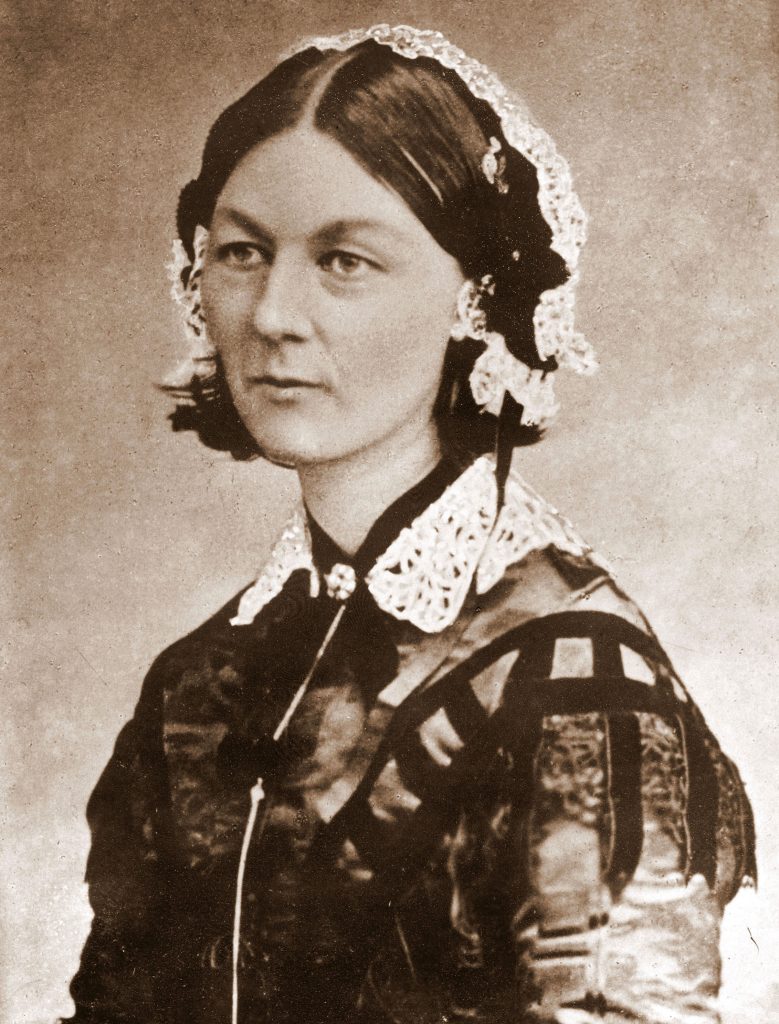 Florence Nightingale (1820–1910) is renowned as a nurse who made significant contributions during the Crimean War, but her legacy extends far beyond the nursing profession. Nightingale was a pioneer in the use of statistics to improve healthcare services. Through a data-driven approach, she revolutionized public health systems, making her one of the most important figures in the history of statistics.
Florence Nightingale (1820–1910) is renowned as a nurse who made significant contributions during the Crimean War, but her legacy extends far beyond the nursing profession. Nightingale was a pioneer in the use of statistics to improve healthcare services. Through a data-driven approach, she revolutionized public health systems, making her one of the most important figures in the history of statistics.
Born in Florence, Italy, on May 12, 1820, Nightingale received an education in mathematics, including statistics, which was rarely taught to women at the time. This education became the foundation for her approach to addressing public health issues later in life.
During the Crimean War (1853–1856), Nightingale was tasked with improving conditions in British military hospitals. She discovered that the majority of soldier deaths were not caused by battlefield injuries but by infectious diseases such as typhus, cholera, and dysentery. By analyzing mortality data, she demonstrated that most deaths could be prevented through better sanitation, including the provision of clean water, adequate ventilation, and general hygiene.
One of Nightingale’s greatest innovations was the use of the coxcomb chart (rose diagram) to visualize data. This chart displayed the causes of death on a monthly basis during the war and became a highly effective tool for communicating the importance of sanitation reforms. The chart successfully convinced the British government to implement changes in military healthcare policies.
Nightingale’s contributions were widely recognized. In 1858, she became the first woman admitted to the Royal Statistical Society, a major milestone in the field of statistics. Additionally, she published numerous works, such as Notes on Hospitals (1859), which served as a reference for data-driven hospital management.
Florence Nightingale demonstrated that statistics is not merely a tool for data analysis but also a powerful means of effecting real change. By combining mathematics, empathy, and innovation, she created a new approach to healthcare management that remains relevant today. Her legacy has become the foundation for many evidence-based healthcare approaches, including modern pandemic responses.
Keywords: Statistics, Healthcare, Data.
References
- McDonald, L. (2001). Florence Nightingale on Public Health Care. Waterloo, ON: Wilfrid Laurier University Press.
- Spiegelhalter, D. (2019). The Art of Statistics: Learning from Data. Penguin Books.
- Nightingale, F. (1859). Notes on Hospitals. London: John W. Parker and Son.
- Cohen, I. B. (1984). The Triumph of Numbers: How Counting Shaped Modern Life. W. W. Norton & Company.
 Author: Silvina Rosita Yulianti
Author: Silvina Rosita Yulianti
Photo Source: Wikipedia
